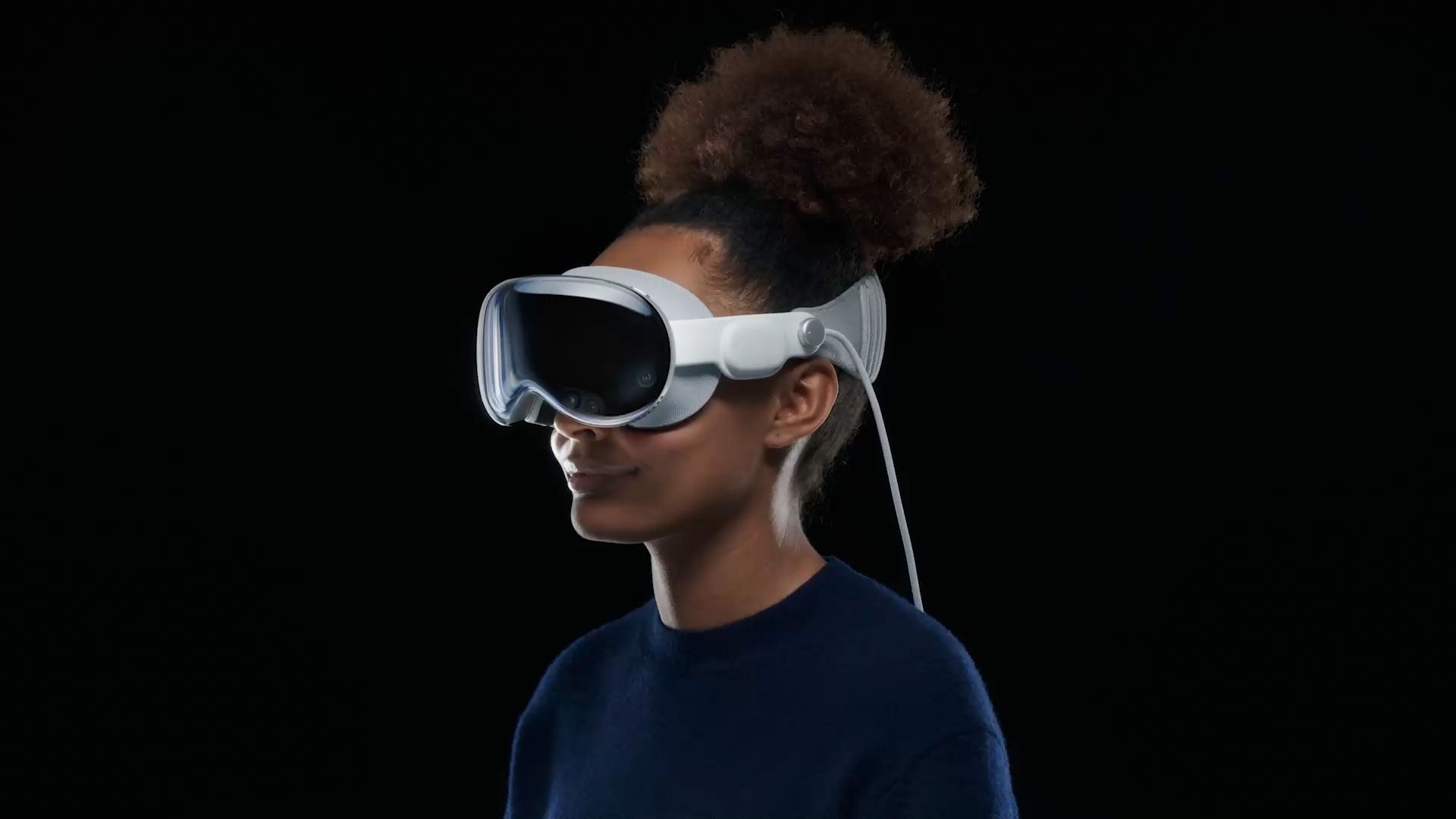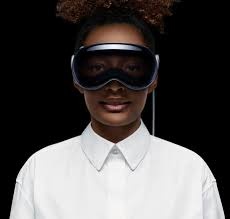

Xu Jialu
VR's place in innovation, and why it never took off.
What did we learn about people in the pandemic?
Nope, not the fact that people can come together in times of crisis. And no, not that humans are grossly unprepared for deadly contagions. And no, not that circuit breakers are fun.
People. HATE. stuff on their faces.
It's not just humans, really. Those who have owned / currently own pets will understand that most dogs tolerate cute clothes, some of them tolerate nice shoes, but none of them tolerate stuff on their faces.
Same, Riley. Same.

Apple Vision Pro, June 2023
Tech corporations have been trying to sell us virtual reality products for years on end now. First, they came for the gamers. Then, we took a turn toward the professionals. And now, finally, after almost a decade of failures and doubts, they're coming for the rest of us.
Both the Apple Vision Pro and the Meta Quest Pro were born for this. These were meant to be the ultimate proof, once and for all, that VR is a future need, not a want. It is the inevitable development of human-machine interface, and all of us need to accept it or miss out on the biggest evolution of the internet of this generation.
But is it?
As consumer tech has evolved over the years, their functionality and offerings have skyrocketed in quality, complexity, and effectiveness. Tech and the internet have become ever more useful, at the cost of ever-growing pervasiveness.
Is there a limit? The metal slab we call a phone has given rise to wearable mini-slabs we now call smartwatches. Smart Rings. Smart Glasses. Is there a limit to our acceptance of technology on our bodies? Or did we take a wrong turn with interface design in recent years?
Last June, when Apple finally revealed the Vision Pro, the wary reactions and general doubt should be obvious enough of an answer.
The human face and the human eyes are key points of communication. We have now reached the point where we are tangibly sacrificing real-world communication tools, in order to communicate remotely, with someone not physically there.
That, I believe, is where the bulk of the problems with VR lie.
Covering human faces is a big deal. It took the modern world's most deadly virus to spread across the entire planet just to convince the general public that they need to cover their mouths. What they will never buy into is to cover their eyes and ears just so some person can talk to a 3D simulated model of themselves.
Here's an interesting interface direction we used to take:
---
Tech blending into the background is what makes it blend into our lives. We don't live to use these gadgets; they're here to enhance our lives.
Our faces aren't mounts for sensors that'll ultimately pump information from homes to databases.
The problem is that technology in the background doesn't sell. There's no FOMO. Others wouldn't know you have the newest, shiniest thing. They don't earn.
Somewhere along the lines, somewhere in those trillions of dollars, maybe our innovators of old forgot what it means to be makers. Creators. Innovators.
Maybe there's more value in being earners. Aw, who am I kidding? Of course there is.
But maybe, just maybe, on some quiet nights, some people would remember those who came before. Those who crafted a new world with zeros and ones. Those who wanted to make the world a little happier, and a little easier.

Xu Jialu
author. i am a cs student at ntu singapore and i sometimes write articles just for the heck of it :D
